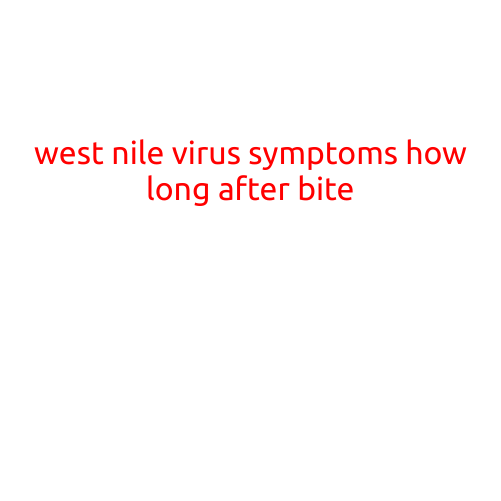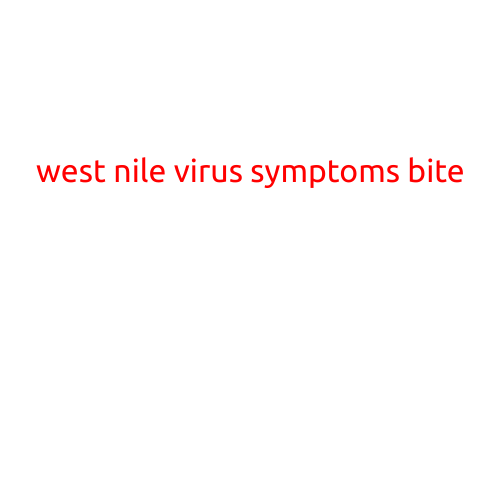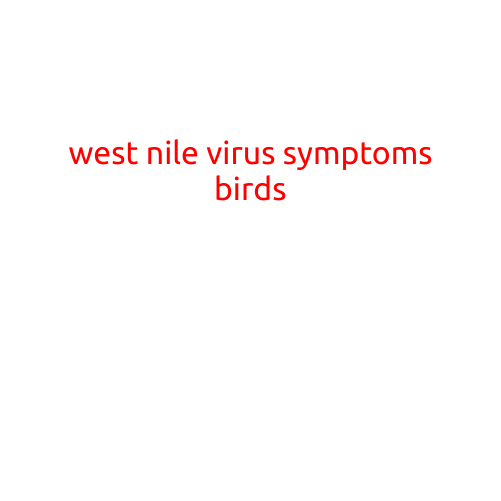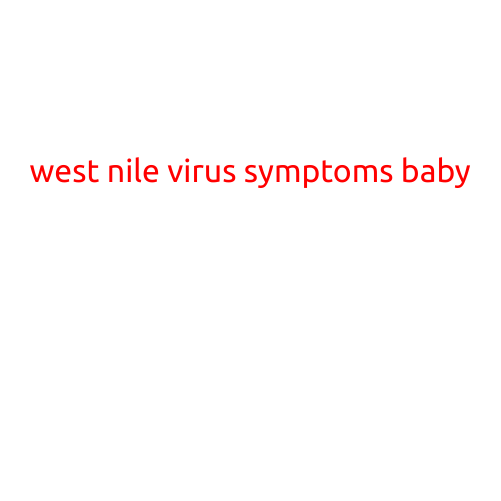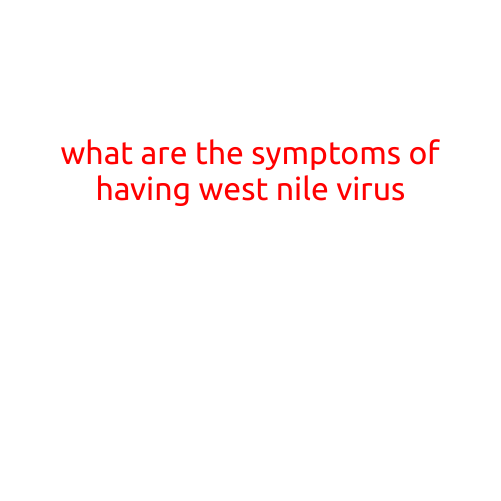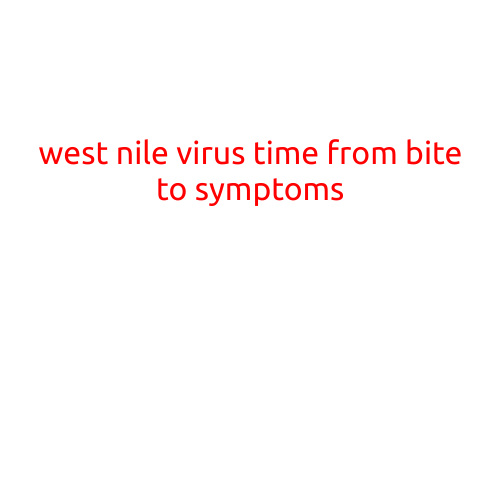
West Nile Virus: Time from Bite to Symptoms
West Nile virus is a serious and potentially life-threatening disease that is spread through the bite of an infected mosquito. The virus is typically present in the summer months, with cases reported in most states across the United States. If you’re bitten by an infected mosquito, how long is it before you start showing symptoms? Here’s a breakdown of the typical timeline from bite to symptoms for West Nile virus.
The Bite
The first step in the transmission of West Nile virus is the bite of an infected mosquito. This typically occurs when an infected mosquito bites an animal, such as a bird or a horse, and then bites a human. The virus is transmitted through the mosquito’s saliva, which is introduced into the human’s bloodstream as the mosquito feeds.
Incubation Period
After being bitten, the virus begins to incubate in the bloodstream. The incubation period - the time between the bite and the onset of symptoms - typically ranges from 2 to 14 days, with an average of around 7-10 days. During this time, the virus is multiplying and spreading through the bloodstream.
Symptom Onset
Symptoms of West Nile virus typically begin suddenly, with most people experiencing fever, headache, and body aches. Other common symptoms include:
- Muscle weakness
- Skin rash
- Swollen lymph nodes
- Confusion
- Memory loss
- Seizures
In severe cases, West Nile virus can cause inflammation of the brain (encephalitis) or meningitis (inflammation of the lining around the brain and spinal cord). These complications can be life-threatening and require immediate medical attention.
Progression of Symptoms
As the virus continues to progress, symptoms can worsen over the next 1-2 weeks. In mild cases, symptoms may resolve on their own over the course of a few weeks, while severe cases may require hospitalization.
How to Reduce the Risk of West Nile Virus
While there is no vaccine to protect against West Nile virus, there are several steps you can take to reduce your risk of being bitten by an infected mosquito:
- Avoid spending time outdoors during peak mosquito hours (dawn and dusk)
- Wear protective clothing, including long sleeves and pants
- Use insect repellent containing DEET, picaridin, or oil of lemon eucalyptus
- Eliminate standing water around your home to prevent mosquito breeding
Conclusion
West Nile virus is a serious and potentially life-threatening disease that can be spread through the bite of an infected mosquito. By understanding the timeline from bite to symptoms, you can take steps to reduce your risk of being infected. Remember to take precautions when outdoors, avoid peak mosquito hours, and seek medical attention immediately if you experience symptoms of West Nile virus.

